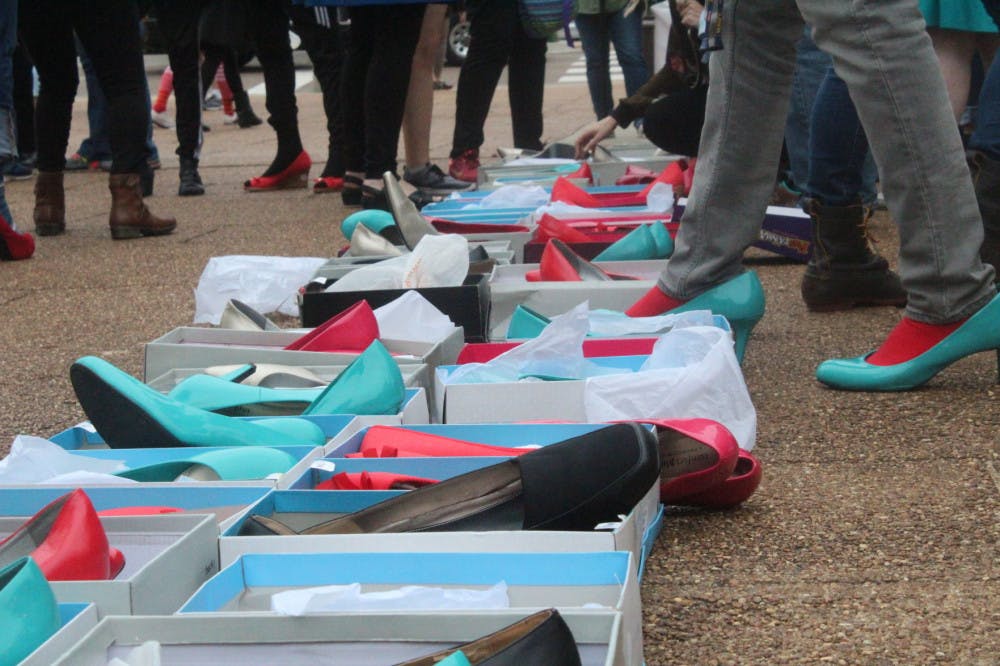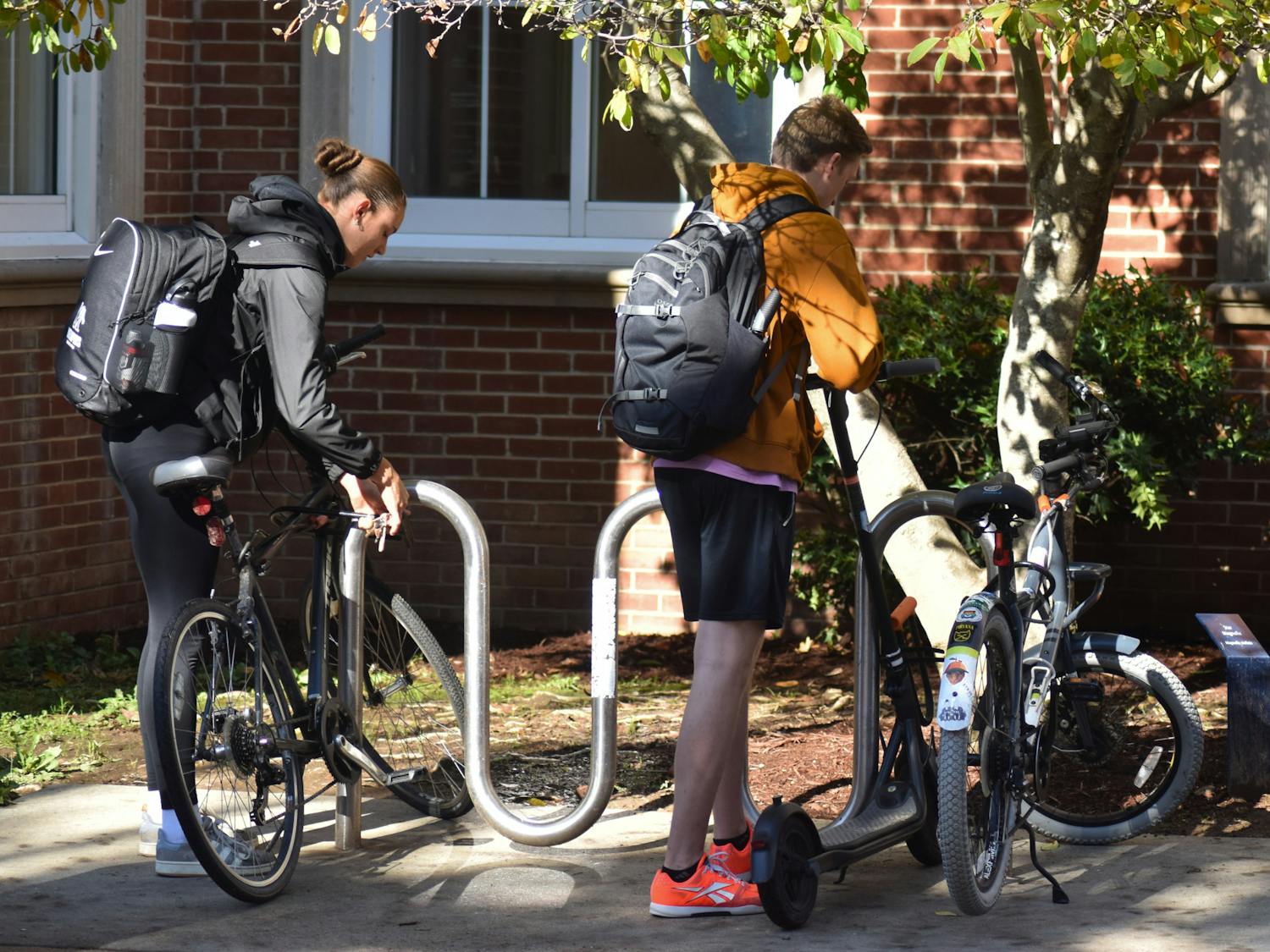People who have experienced sexual assault can have post-traumatic stress disorder for the rest of their lives.
Deborah Clubb, the executive director of the Memphis Area Women’s Council, an organization that advocates for women’s safety, said she has worked with survivors of sexual abuse and assault for years and has studied the effects PTSD can have on a person’s memory.
“PTSD can be experienced as anxiety, depression and anger,” Clubb said. “Anger is a response to a perceived threat that has similar elements to the original trauma.”
The availability of social support for female college students who have experienced sexual assault can affect the severity of these students’ PTSD symptoms, according to a September 2017 study conducted by the Anxiety and Depression Association of America. The study, which compiled daily observations from 75 female college students who were the victims of sexual assault, found that those with greater instances of social support and stronger social networks experienced reduced symptoms of PTSD. Social support can include family members, friends, romantic partners, teachers and school counselors.
Clubb said someone who suffers from PTSD may feel trapped, helpless or out of control and could have difficulty trusting others. She also said members of the military and sexual assault survivors, like Christine Blasey Ford, who accused Supreme Court justice nominee Brett Kavanaugh of sexual assault, experience similar symptoms.
“It has lifelong ramifications,” Clubb said. “That’s whether it’s Dr. Ford or a soldier coming back from the Middle East.”
Clubb said she encourages students who do not have access to positive social support to utilize social media to engage with other survivors of sexual assault or traumatic experiences.
“Build relationships there,” Clubb said. “You could even talk about going to a counselor together. Be creative. Create your own support because you’re going to need it.”
Leigh Holman, a professor of counseling, educational psychology and research at the University of Memphis, said “acquaintance rape,” or rape by someone the victim knows, occurs most frequently among female college students, particularly in the fall semester of their freshman year.
“Victims of sexual assault … often attempt to forget the sexual assault,” Holman said. “They often do not believe they will be believed, and (they) feel ashamed and blame themselves. This can result in post-traumatic stress disorder.”
Holman described PTSD as pervasive memories of an attack, flashbacks, nightmares, hyper-vigilance and an exaggerated startle response. Holman said these symptoms could indicate a need for professional mental health treatment, although many victims do not seek professional help.
“(They) attempt to self-medicate with alcohol or drugs or sometimes engage in risky behaviors that lead to additional assaults,” Holman said.
Victoria Jones, outreach coordinator and staff therapist at the Student Counseling Center, said social support is imperative for survivors of sexual assault.
“One of the leading causes of survivors having adverse reactions after an assault is not being believed or not feeling heard when they disclose there has been an assault,” Jones said.
Jones said students with limited social support can seek help on campus. All full-time U of M students have access to free counseling services through the Student Counseling Center. Other than the Counseling Center, students have access to Safety Net, a student-led organization that supports victims of sexual assault and their allies. Students can also submit a sexual assault complaint through the Office of Student Accountability, Outreach and Support. Additional support for victims of sexual assault is available through the Shelby County Rape Crisis Center.
“If the student does not want a report to be made, on-campus confidential resources include the Student Health Center and the Psychological Services Center,” Jones said.
Students try on shoes to prepare for Walk a Mile in Her Shoes. Students could chose any color they want to walk in for the event.






